Mālama vs. Malama: More Than Just a Line Over a Letter
August 26, 2025
While taking Hawaiian ‘Ōlelo classes at Pālamanui, I learned firsthand how essential punctuation and context are in preserving meaning in the Hawaiian language. My kumu would always stress two things above all else: the context of conversation and the importance of punctuation. These lessons were not just academic—they were reminders that every mark and every word carries cultural weight. What I’ve seen recently unfolding in our community brings this lesson into sharp focus, and I feel compelled to speak up.
My chiropractor, Dr. Ashlyn Russell—who was born and raised here—is currently appealing a lawsuit regarding her business name, Mālama Integrative Wellness and Chiropractic. A recent ruling by a State of Hawai‘i Administrative Hearings Officer determined that a non-Native Hawaiian business owner has the right to prohibit her from using the word “Mālama” in her own business name, despite the fact that she uses the correct spelling with the kahakō.
The dispute stems from another chiropractic company in Kailua-Kona, about 40 miles away, operating under the name Malama Chiropractic Clinic (without the kahakō). According to the press release issued by Dr. Russell’s attorney, the ruling essentially grants non-Native Hawaiians exclusive rights over a Hawaiian word—even when used incorrectly. This decision not only prevents Dr. Russell from using the accurate form of “Mālama” but also sets a troubling precedent for Native Hawaiian business owners who wish to incorporate their own language into their work.
To put this in perspective, the Hawaiian dictionary defines mālama as “to take care of, tend, attend, care for, preserve, protect, beware, save, maintain.” In contrast, “malama” without the kahakō can mean “light, month, or moon.” These are completely different words. To ignore this distinction is to dismiss the heart of the Hawaiian language itself.
And it’s not just in her business name where Dr. Ashlyn shows her dedication to culture. When you walk into her office, it’s immediately clear how deeply rooted she is in her heritage. From the way she has carefully decorated the space to the stunning mural painted by her partner Leigha, every detail reflects her respect for and connection to Hawaiian culture. Even her logo is exquisitely conceived, harmonizing mauka and makai elements through an interlaced spine design.

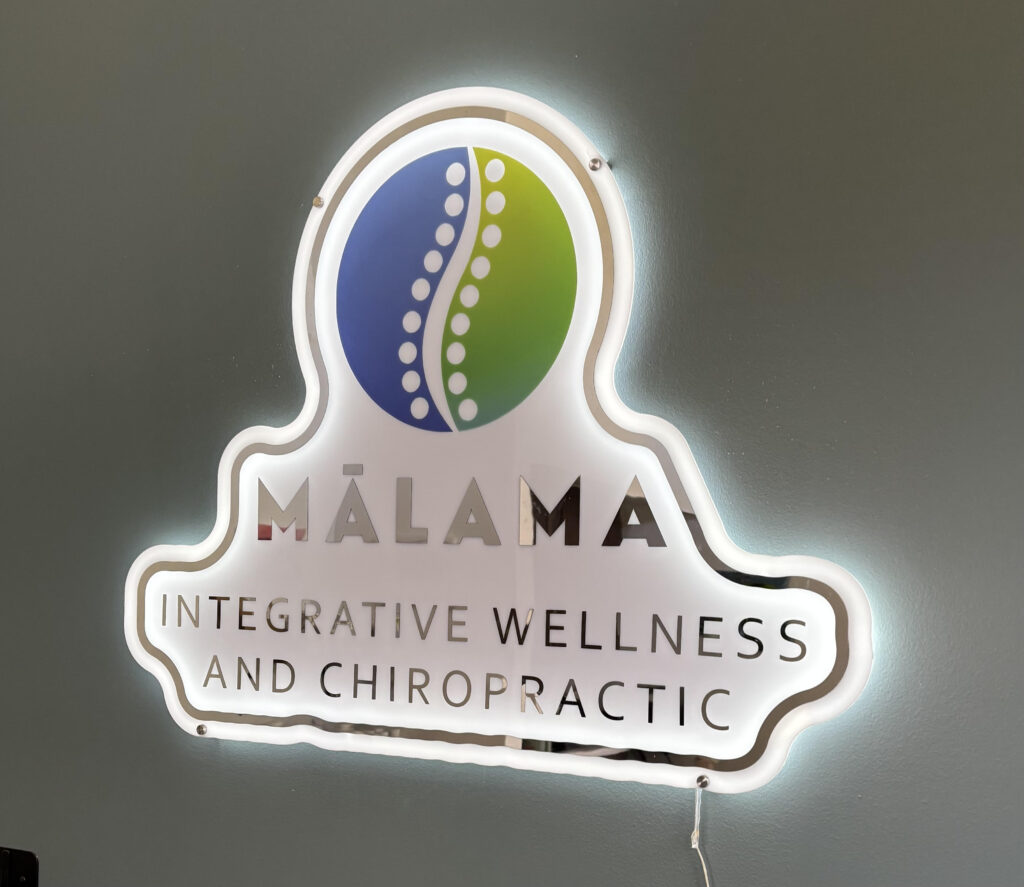
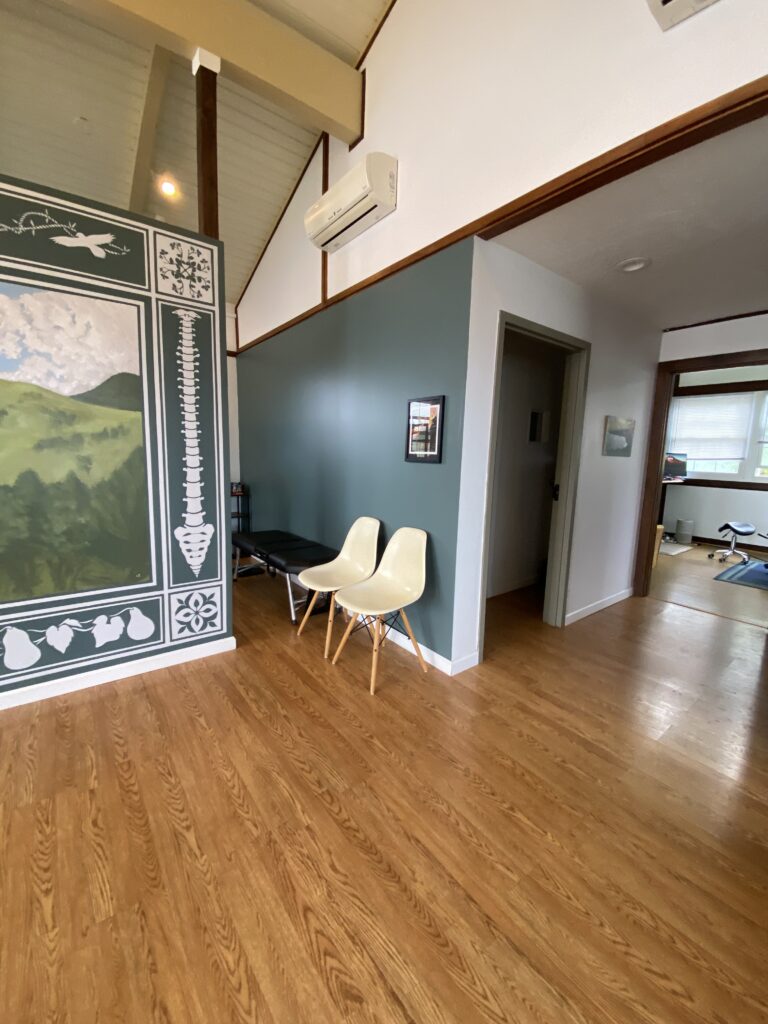
Unfortunately, this is not the first time I’ve seen the misuse—or erasure—of Hawaiian punctuation create damaging outcomes. Take, for example, the development project named Aina Lea. If you remove the punctuation, “aina” in a Hawaiian-to-English dictionary has nothing to do with land at all. Instead, it directly references sexual intercourse. This is why my kumu’s teaching was so important: without context and punctuation, meaning is lost—or worse, distorted.
What’s even more disheartening is that when Dr. Russell tried to issue a press release about her case, she was told it couldn’t be published in a local paper because they lacked the capability to include the kahakō. The very tools needed to respect and preserve the language were deemed “too inconvenient.” That is deeply unsettling.
I moved to Hawai‘i with my ‘ohana 19 years ago. Over that time, I’ve worked to embrace and respect the culture of this incredible place. I am appalled that a situation like this has made it this far in our courts. It isn’t just about one business name—it’s about who gets to use the Hawaiian language, how it is represented, and whether cultural integrity is valued or undermined.
This ruling has sweeping implications for Native Hawaiian business owners, cultural practitioners, and anyone who cares about preserving the integrity of ‘Ōlelo Hawai‘i. It raises an urgent question: who should have the authority to decide how Hawaiian words are used—the community to whom the language belongs, or those outside of it?
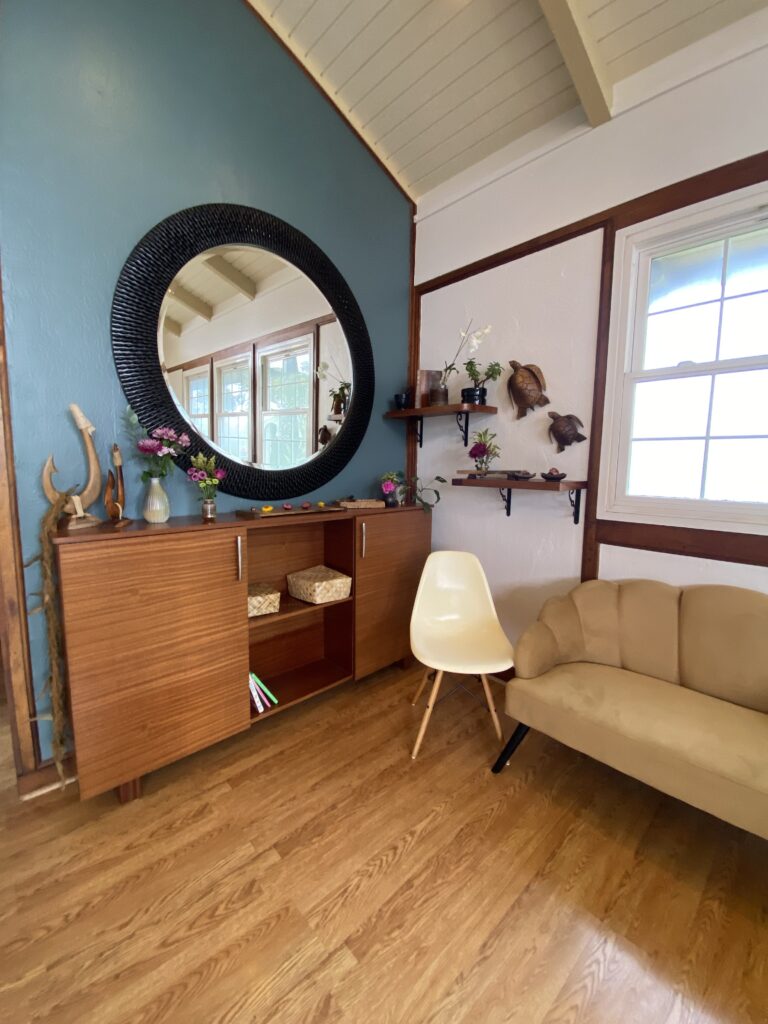
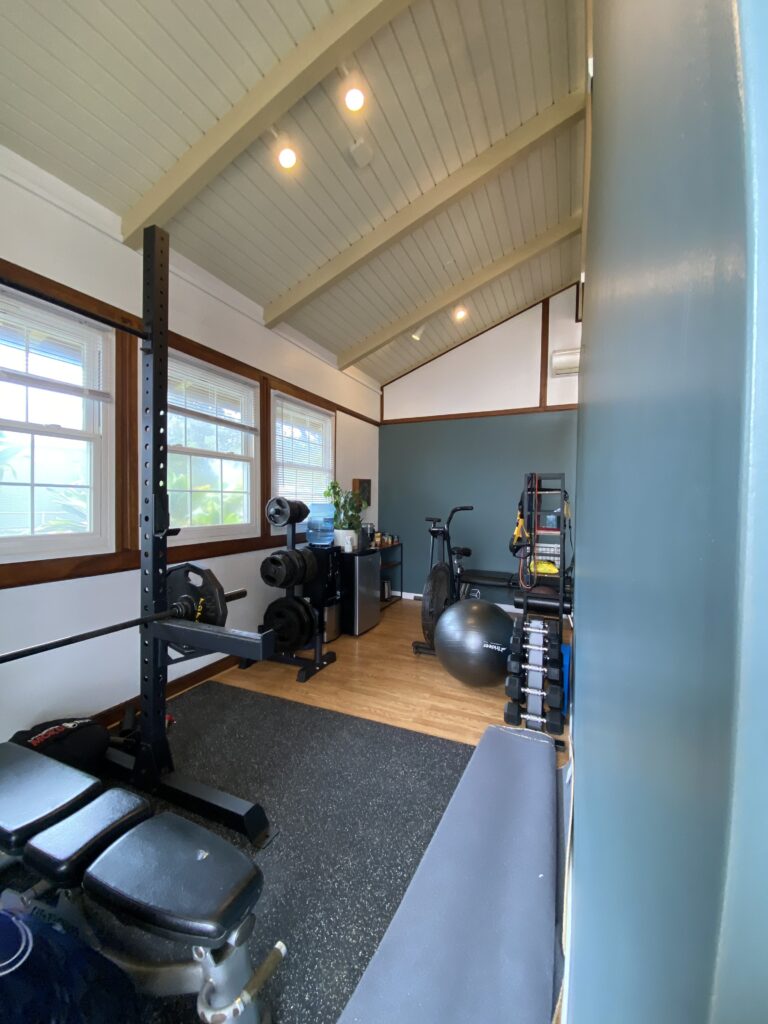
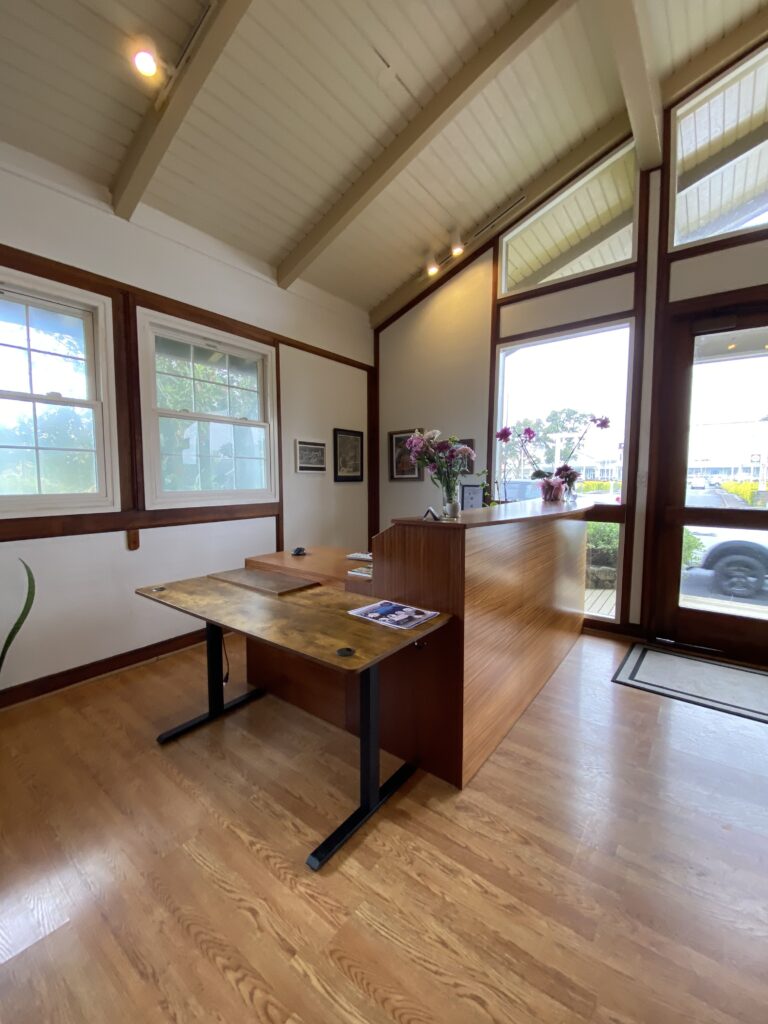
What are your thoughts?
Leave a Reply Cancel reply
| Created with Showit
Website by: ModernAgentEvolution